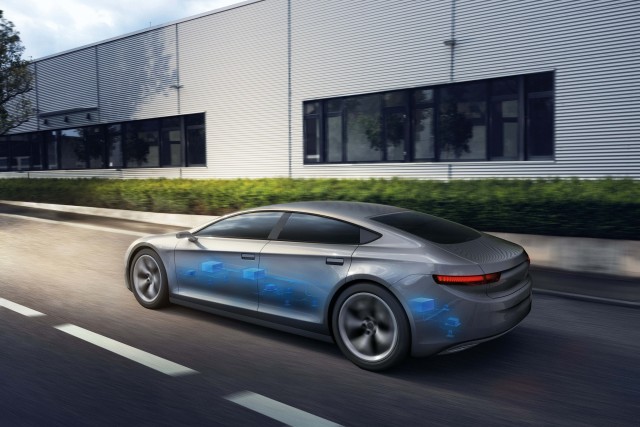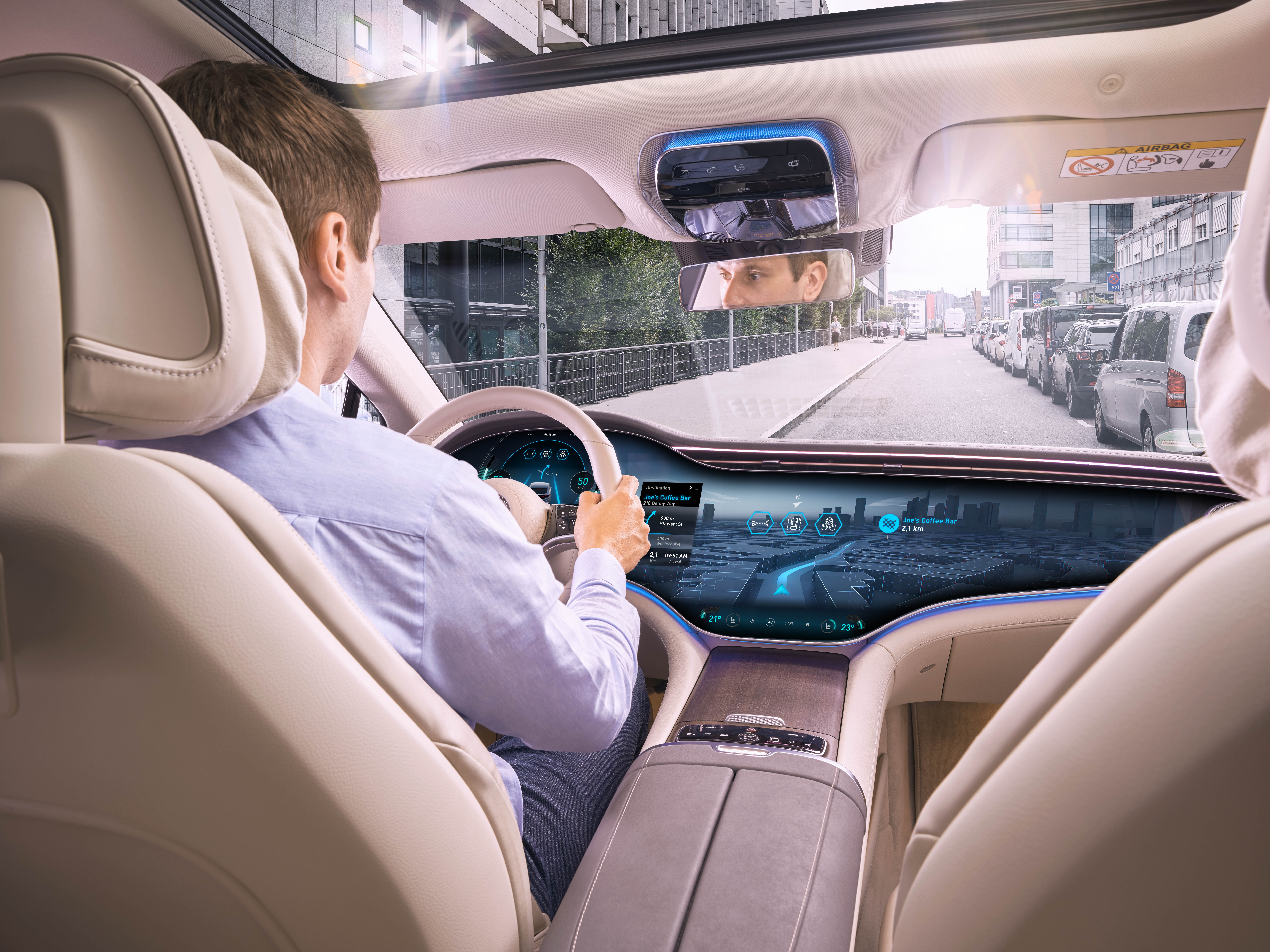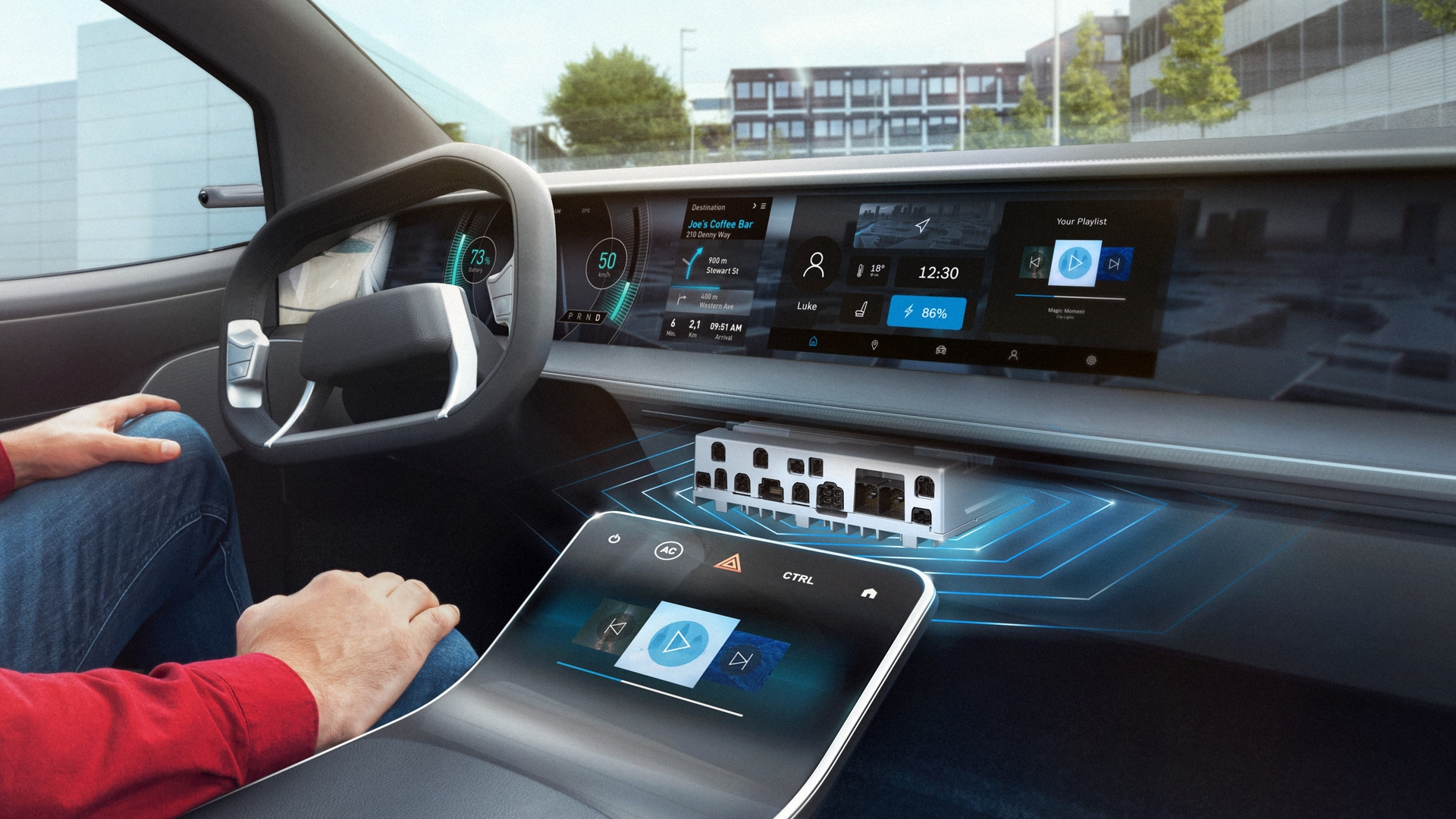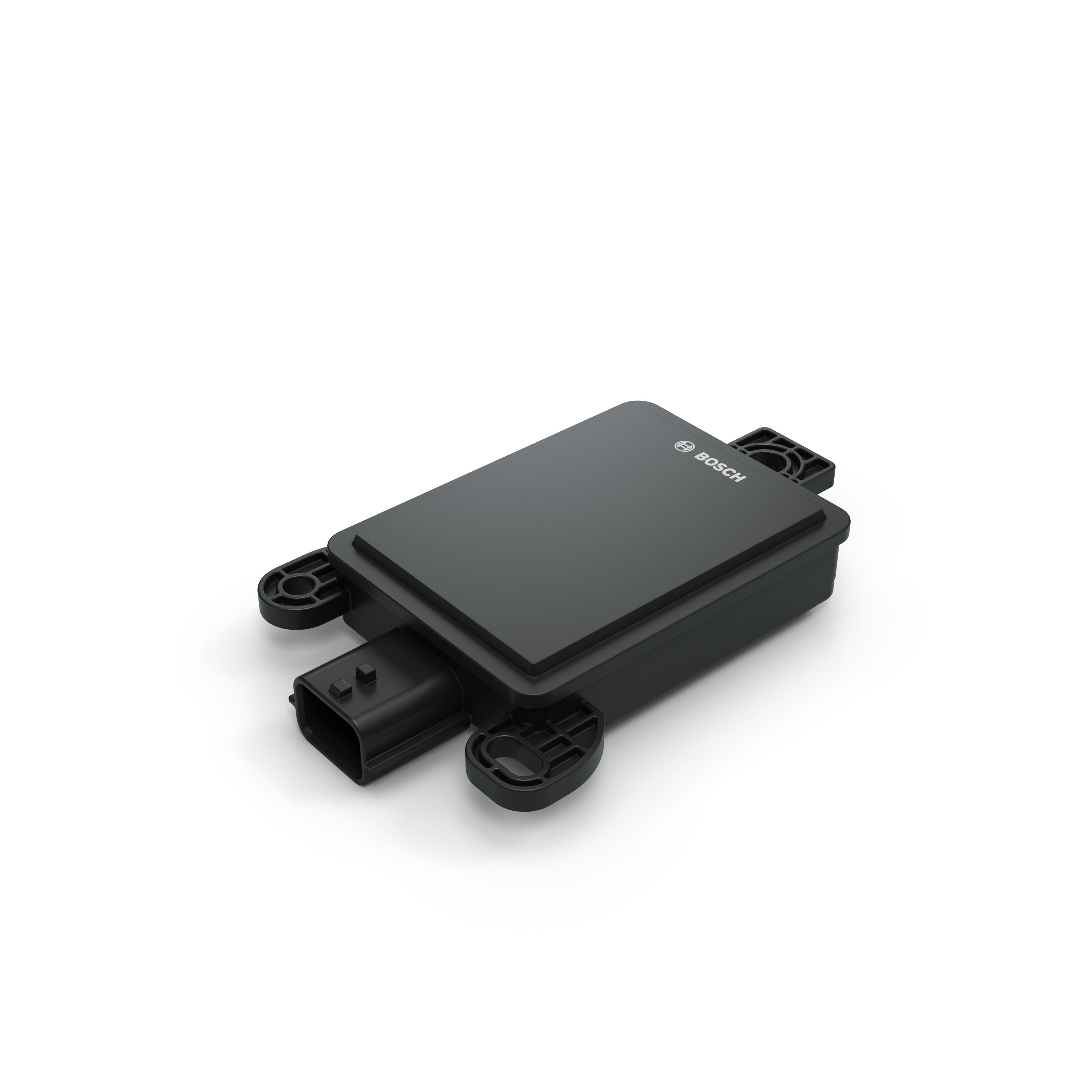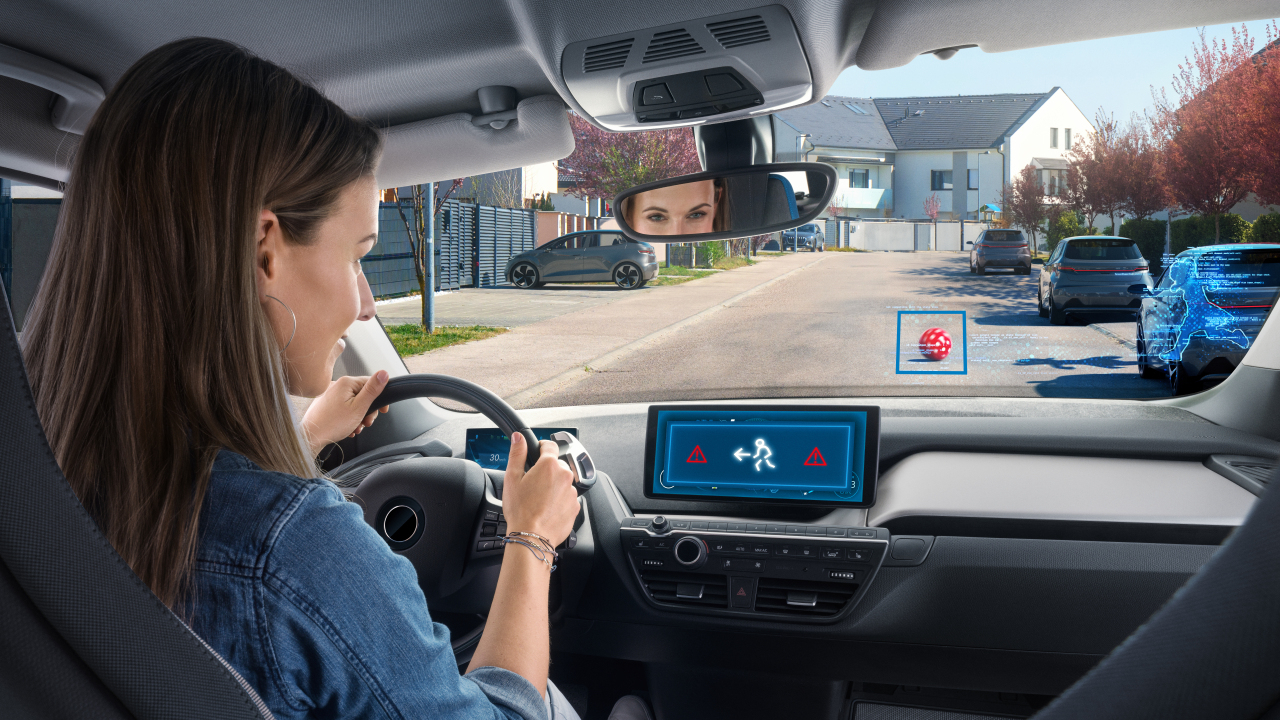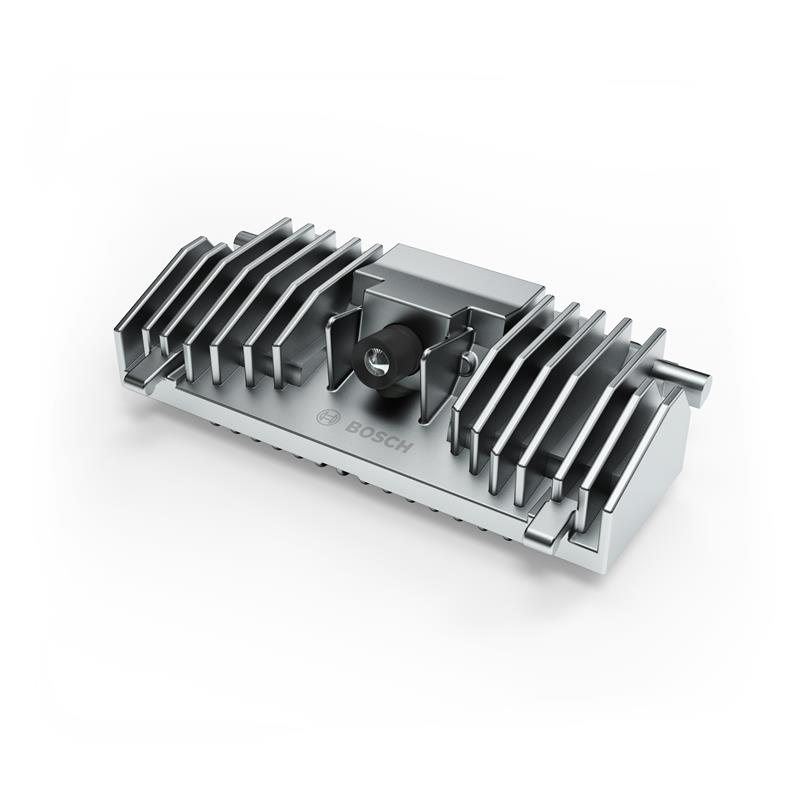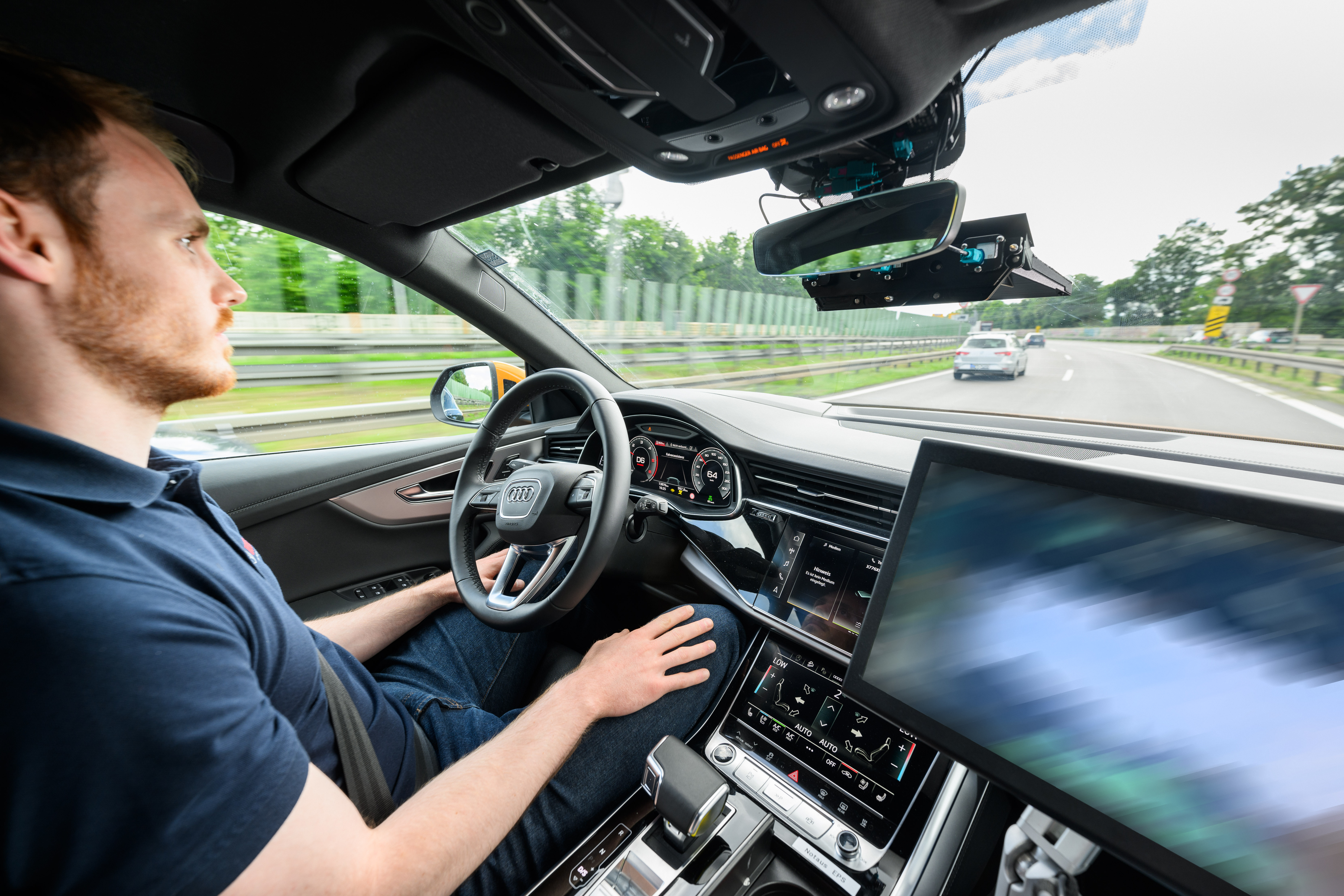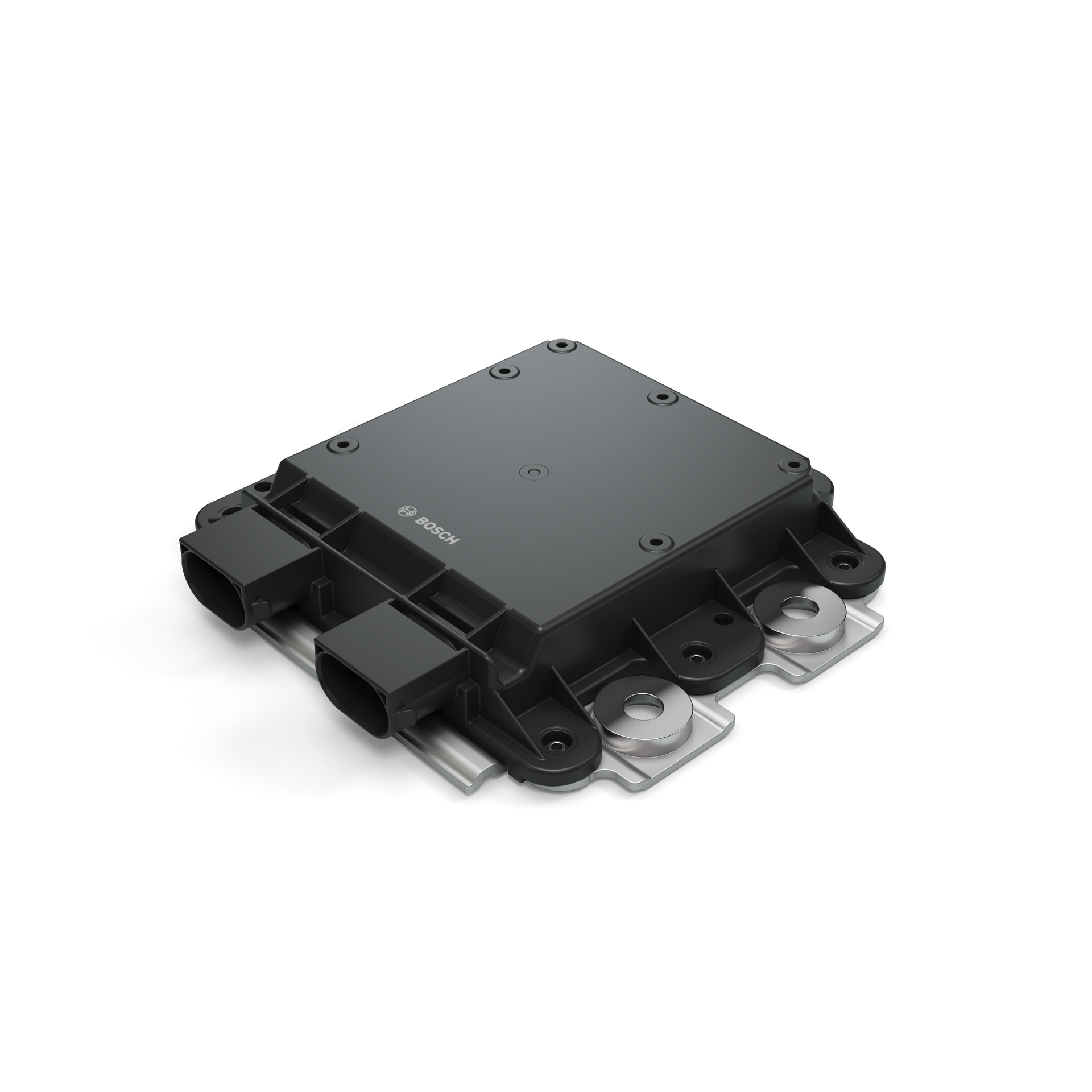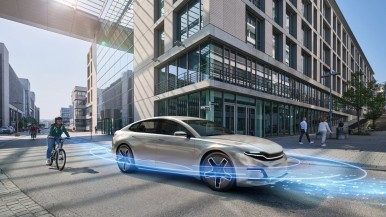Shanghai, China, and Stuttgart, Germany – As the leading vehicle market, China goes its own way and is already thinking about cars more in terms of software – just like Bosch. When it comes to software-defined mobility, which in China is also known as intelligent mobility, the company is a pioneer and commercially successful technology leader. Bosch Mobility grew by 4.0 percent to 116.6 billion yuan (around 15 billion euros) in China last year, accounting for more than 80 percent of Bosch’s sales revenue in the country. This means the mobility business grew even faster than the market. According to Bosch figures, vehicle production in China increased by 3.7 percent last year. In 2024, the country produced 31.3 million vehicles. Of these, around 27.5 million were passenger cars and some 4 million were commercial vehicles. The prospects for Bosch are good: over 65 percent of the new orders Bosch Mobility won there last year were in two areas of future importance: electrified powertrains and software-defined cars.
Contact persons for press inquiries
Athanassios Kaliudis
Phone: +49 711 811 7497
E-mail: athanassios.kaliudis@de.bosch.com
Andreas Haupt
Phone: +49 711 811 13104
E-mail: andreas.haupt@de.bosch.com
Mobility is the largest Bosch Group business sector. It generated sales of 55.8 billion euros in 2024, and thus contributed around 62 percent of total sales. This makes the Bosch Group one of the leading mobility suppliers. Bosch Mobility pursues a vision of mobility that is safe, sustainable, and exciting. For its customers, the outcome is integrated mobility solutions. The business sector’s main areas of activity are electrification, software and services, semiconductors and sensors, vehicle computers, advanced driver assistance systems, systems for vehicle dynamics control, repair-shop concepts, as well as technology and services for the automotive aftermarket and fleets. Bosch is synonymous with important automotive innovations, such as electronic engine management, the ESP anti-skid system, and common-rail diesel technology.
The Bosch Group is a leading global supplier of technology and services. It employs roughly 412,000 associates worldwide (as of December 31, 2025). According to preliminary figures, the company generated sales of 91 billion euros in 2025. Its operations are divided into four business sectors: Mobility, Industrial Technology, Consumer Goods, and Energy and Building Technology. With its business activities, the company aims to use technology to help shape universal trends such as automation, electrification, digitalization, connectivity, and an orientation to sustainability. In this context, Bosch’s broad diversification across regions and industries strengthens its innovativeness and robustness. Bosch uses its proven expertise in sensor technology, software, and services to offer customers cross-domain solutions from a single source. It also applies its expertise in connectivity and artificial intelligence in order to develop and manufacture user-friendly, sustainable products. With technology that is “Invented for life,” Bosch wants to help improve quality of life and conserve natural resources. The Bosch Group comprises Robert Bosch GmbH and its roughly 490 subsidiary and regional companies in over 60 countries. Including sales and service partners, Bosch’s global manufacturing, engineering, and sales network covers nearly every country in the world. Bosch’s innovative strength is key to the company’s further development. At 136 locations across the globe, Bosch employs some 82,000 associates in research and development.
Additional information is available online at www.bosch.com, www.bosch-press.com.
